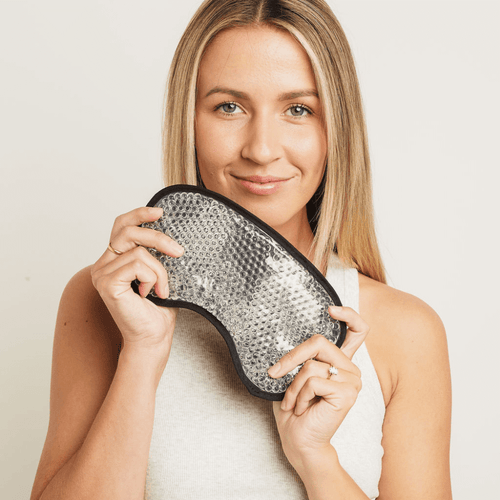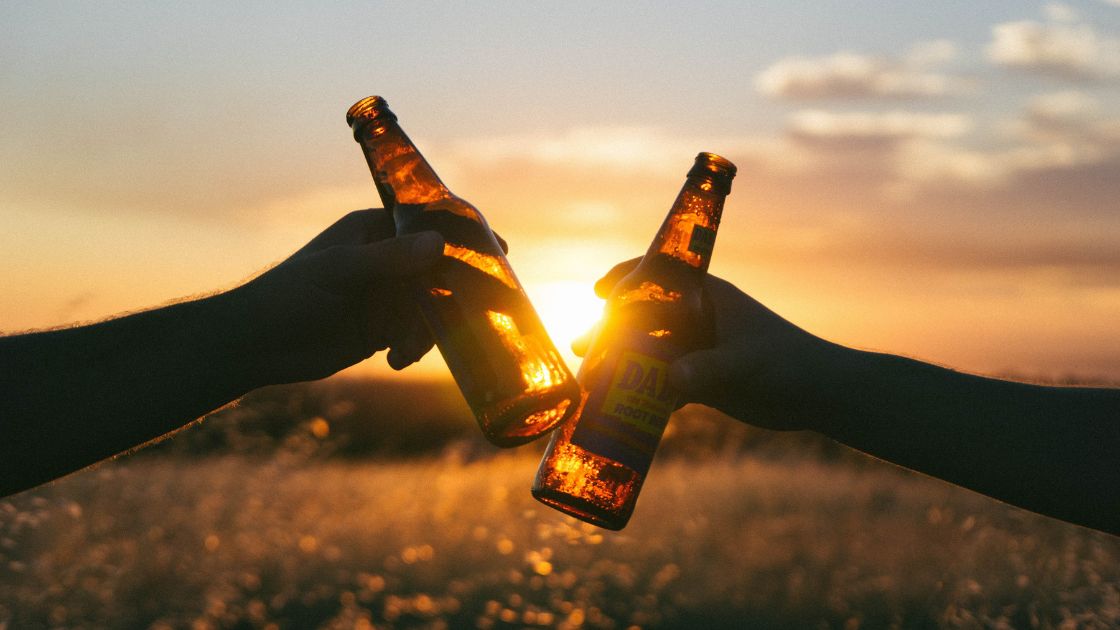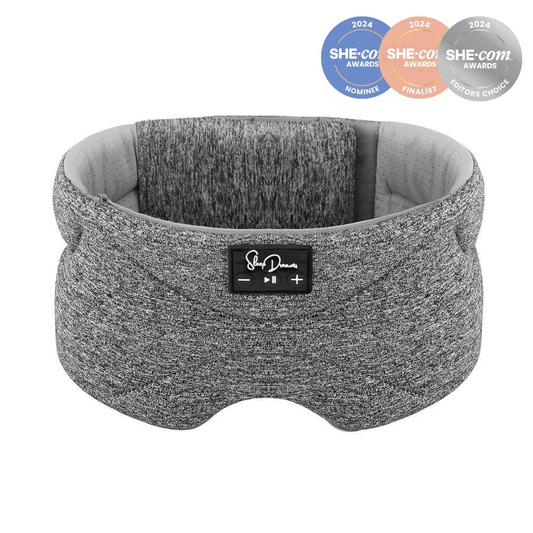We've all been there before. It's 2 AM, you're still out at the bar with your friends, and you've had a few too many drinks. As you stagger home, you know that you're going to pay for it in the morning—and you do. You wake up with a pounding headache and feeling like you could sleep for days. It's no fun. But why does alcohol have this effect on our sleep? Let's take a look at the science behind it.

The Science of Alcohol and Sleep
There are a few scientific explanations for why alcohol makes us sleepy. First, alcohol is a depressant, which means that it slows down our central nervous system. This can lead to drowsiness and fatigue. Secondly, alcohol consumption can lead to dehydration, which can also contribute to sleepiness and fatigue. Finally, when we drink alcohol, our bodies produce more of the hormone adenosine. Adenosine is a neurotransmitter that helps regulate our sleep-wake cycle. The more adenosine we have in our system, the sleepier we feel.
So there you have it—that's why alcohol makes us sleepy. But does that mean that it's actually good for our sleep? Let's take a look at what the science says.
The Science of Alcohol and Sleep Quality
Unfortunately, while alcohol may make us feel sleepy, it doesn't actually improve the quality of our sleep. In fact, studies show that alcohol consumption leads to poorer sleep overall. One study found that people who drank alcohol before bed took longer to fall asleep and felt less rested when they woke up in the morning than those who didn't drink any alcohol before bed.
Another study looked at how different alcoholic beverages impacted sleep quality. The study found that red wine was more likely to cause disruptive sleep than either white wine or beer. So if you're looking for a nightcap that won't keep you awake all night long, beer might be your best bet! Although lets be honest the best drink before bed has to be water.
There's no denying it—alcohol and sleep have a complicated relationship. On one hand, alcohol can make us feel sleepy and tired. On the other hand, it disrupts our sleep quality and leads to poorer sleep overall. So what should we do if we still want to have a drink but don't want to impact our sleep? moderation is key. Stick to one or two drinks maximum per day to minimise the effects of alcohol on your sleep quality! And if you're looking for an alcoholic beverage that won't keep you up all night long, reach for a beer instead of wine! cheers!




















